Middle East on Edge: Israel-Iran Hostilities Intensify, Sparking Global Concern
Editor
Jun 16, 2025
min read
4 views
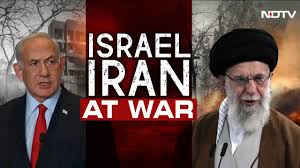
The simmering tensions between Israel and Iran have escalated dramatically over the past 72 hours, with both nations reportedly engaged in direct military exchanges, pushing the Middle East to the brink of a wider conflict. This intensification of hostilities follows months of shadow warfare and proxy confrontations, now spilling into open, albeit undeclared, warfare.
Reports from multiple international news agencies indicate that Israeli drones targeted key Iranian energy infrastructure, including the South Pars and Fajr Jam Gas Refineries on Saturday. Tasnim News Agency confirmed these strikes, stating that Iran has partially suspended gas production at the South Pars field, the world's largest, after an Israeli strike caused a fire. In retaliation, Iranian state media and Houthi sources in Yemen reported coordinated ballistic missile attacks targeting Israeli port cities, including Haifa, and an oil refinery.
Sources within the U.S. administration, speaking on condition of anonymity, revealed that President Donald Trump had vetoed an Israeli plan in recent days to target Iran's Supreme Leader Ayatollah Ali Khamenei. Trump's stance, according to these officials, is that the U.S. will not escalate direct action against Iran's political leadership unless American lives are directly threatened. However, Netanyahu's office has publicly stated that Iran 'wants to kill' Trump and was behind previous assassination attempts through proxies, signaling a deeper, more personal animosity.
This direct escalation has sent ripples through global markets. Oil prices surged, with Brent crude rising over 5% before stabilizing, as the conflict threatens supply from a region producing a third of global crude. Gold, a traditional safe-haven asset, neared a record high, trading around $3,450 an ounce, as investors sought refuge from the geopolitical uncertainty. European and U.S. stock markets experienced sharp declines, with the STOXX 50 and STOXX 600 dropping significantly, primarily due to heightened Middle East tensions prompting a flight to safety.
The international community is urging de-escalation. The G7 leaders, gathering in Canada for a summit, found their agenda overshadowed by the Israel-Iran crisis, with discussions focusing heavily on diplomatic efforts to prevent further escalation. UN officials have expressed deep concern, warning of the potential for a catastrophic regional conflict that could have severe humanitarian and economic consequences globally.
Analysts are divided on the immediate future. Some suggest that both sides might need to 'fight it out' before a long-term peace deal can be considered, a sentiment echoed by former U.S. President Trump who claimed he could secure a deal just as he had done between India and Pakistan. Others fear that miscalculation or an unintended incident could rapidly expand the conflict beyond its current scope. The coming days will be critical in determining whether diplomatic channels can prevail or if the region is poised for a more protracted and destructive confrontation.
Editor
League Manager Editorial Team

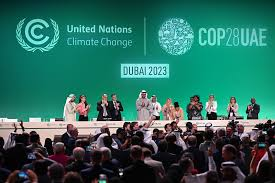
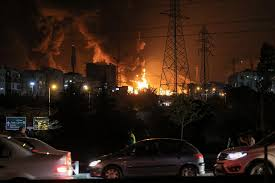

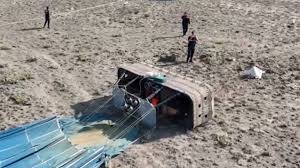
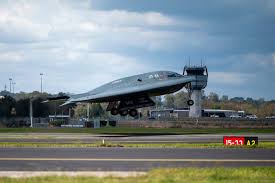
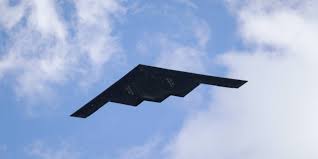
Leave a Comment